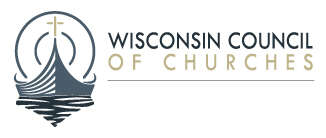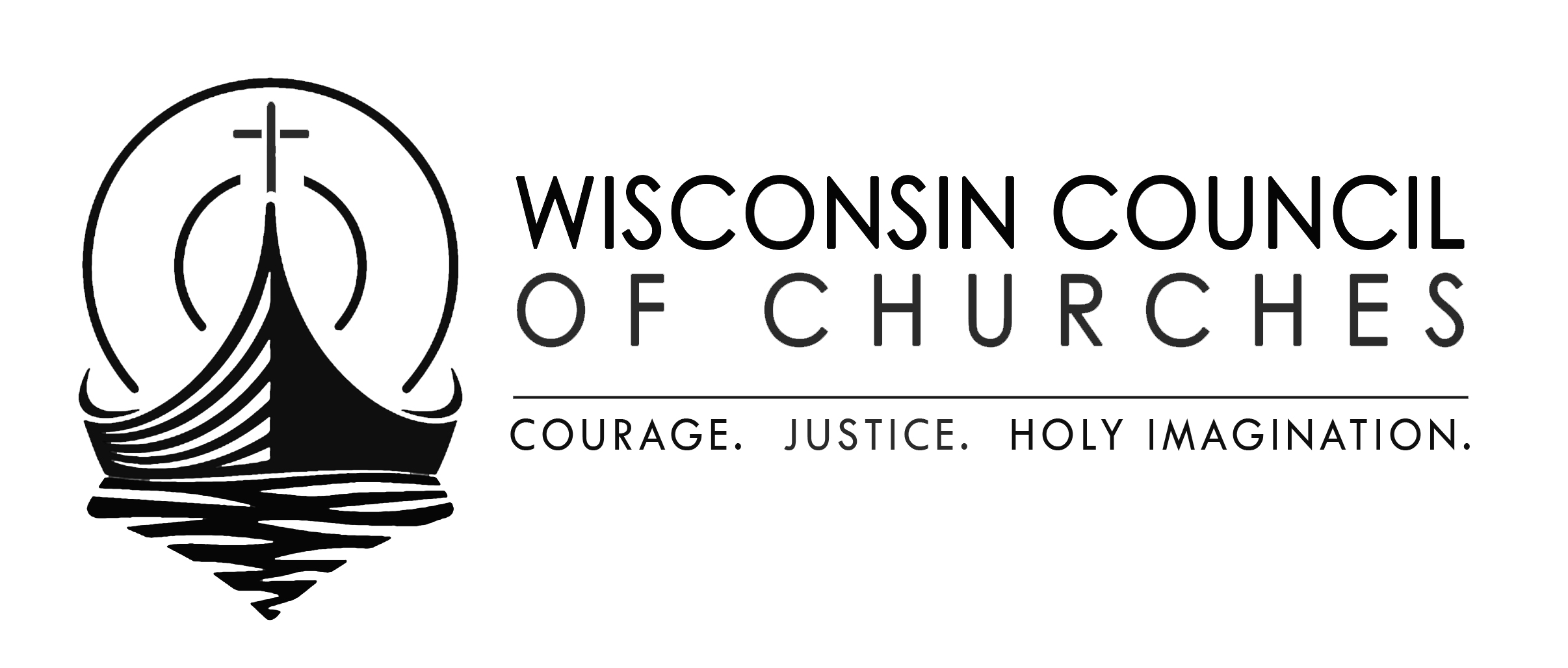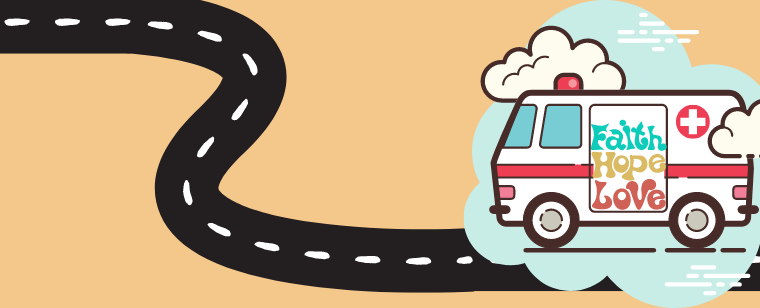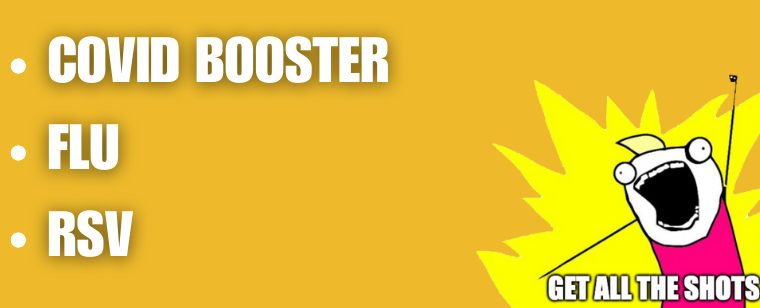Politics and division and panic and neglect and…us?
What have we learned from the pandemic?
In her July 11th newsletter, Katelyn Jetelina talks about some lessons she’s learned since the start of the COVID pandemic. I want to talk about a few of those points today, because as my colleague Peter Bakken says, they are “relevant to the WCC’s lane.” But do, as they say, “read the whole thing.”
Relationships
Jetelina says:
Approach populations with humility. Helicoptering in is not the same thing as stakeholder engagement.
Public-private partnerships are critical: Operation Warp Speed. Google mobility data. CVS/Walgreens and vaccine distribution. Antigen tests and USPS. Contact tracing. Wastewater. Public health was brought to a new level.
The pandemic demonstrated to public health types the absolute necessity of two things: building relationships with and being present in the communities they serve. I’ve heard them say that again and again. Without engagement, they fear they’ll find themselves exactly where they were during COVID: lacking the trust of the community and lost about where to start their outreach.
Autonomy and anger
Humans don’t like being reminded of their vulnerabilities. It brings out a lot of hate and anger.
I somewhat disagree with Jetelina on this. History shows — from smallpox outbreaks through the Spanish Flu, fluoridation of drinking water and up to COVID — that Americans are peculiarly determined to decide for themselves how to respond to their vulnerabilities. That is to say, it’s not a reminder of mortality that cheeses people off. It’s a perceived lack of autonomy. It’s important to understand that nuance for reasons I’ll explain in a minute.
The politics of public health
Public health is inherently political. Policy isn’t just based on science but also culture, psychology, politics, and values. A lot of the time we agree on data, but we value different priorities.
Using public health as a partisan pawn, though, will cost lives. Using masks (or lack thereof) as a tribal symbol is a prime example.
Jetelina couldn’t be more right about this. Public health is political because it’s focused on, well, the public. That means it involves regulation, which some people find coercive. The anger this generates toward “unaccountable bureaucrats” is often underestimated.1 The people leading the response to COVID learned that lesson to their discomfort. The case for public health has to be made a lot more clearly and generate a lot more buy-in.
Because when decisions that limit self-determination come about in ways that (some) people don’t understand, or that conflict with their priorities, it sparks the hate and anger that Jetelina mentions.
Politicians can also harness this energy for partisan gain. Concerns over autonomy are exactly the hook Trump used to attract support from people suspicious of or resistant to COVID interventions.
However you want to explain it or whoever you want to blame, it’s clear that the partisan rancor over COVID was not helpful. One study we participated in found that 89% of the pastors surveyed agreed that negative comments or harassment motivated by politics increased during the pandemic. In our own survey, over a third of respondents cited a need to overcome partisanship or social division as important steps in preparing for the next pandemic.2
Panic and neglect
Last but not least:
Public health is a cycle of panic and neglect. We need to stop this. Supporting public health is just words unless it’s backed up with funding.
Set aside the question of funding — I can’t advocate for or against it. But there’s a real point in saying that we need to break out of the cycle of panic and neglect. Public health entities were caught flat-footed by COVID in part because of their own mistakes, and in part because of system design. If we go back to business as usual, if we ignore the lessons we learned during COVID, well, guess what? We’ll be right back where we started when the next emergency comes.
The God question
Faith communities have a unique and vital role in meeting these challenges. Fostering a resilient social fabric brings together people over any number of lines. Partnering with local public health organizations makes those organizations familiar to the community. That builds the trust that they need for effective response. It’s also a great way to deliver “last mile” services to people in need.
Partnerships with faith communities help to clarify the actions of health authorities. It also allows them to receive critical feedback on their work. For example, public health departments have learned (partly from the WCC) that churches much prefer to be given flexible options in responding to something like COVID. Binary open-close choices, not so much.
Through this work, faith communities can ease the resentment and anger that come out of the perceived violation of autonomy. That helps turn down the partisan temperature. And that makes it less likely that response to a crisis comes out of panic and more likely that it will serve us all.
In short, faith communities play an important part in healing social divisions. By doing so, they play a role in making society less vulnerable to pandemics and other threats to our health.
I think that’s work God would be happy to have us engaged in, don’t you? Seems like holy imagination to me. The trick, of course, is to start doing it now before we have to do it in a panic later.
1Sermon for another time: public health is also necessarily concerned with equity. Its whole goal, after all, is to make sure everyone is healthy. But equity is not a value endorsed by everyone. That leads to a different kind of resentment and anger.
2We’ll publish results from both of these studies soon-ish.
The Links
-
- Speaking of health equity, here’s how faith communities can advocate for it — and why they should.
-
The CDC and HHS have released updated guidance for COVID vaccinators. The short version: the current vaccines will be sunsetted, and when the fall booster comes around, it will be through “traditional” channels. Which is to say, you’ll have to pay for it. But the federal government will continue to provide COVID vaccines for uninsured individuals through a temporary bridge program.




